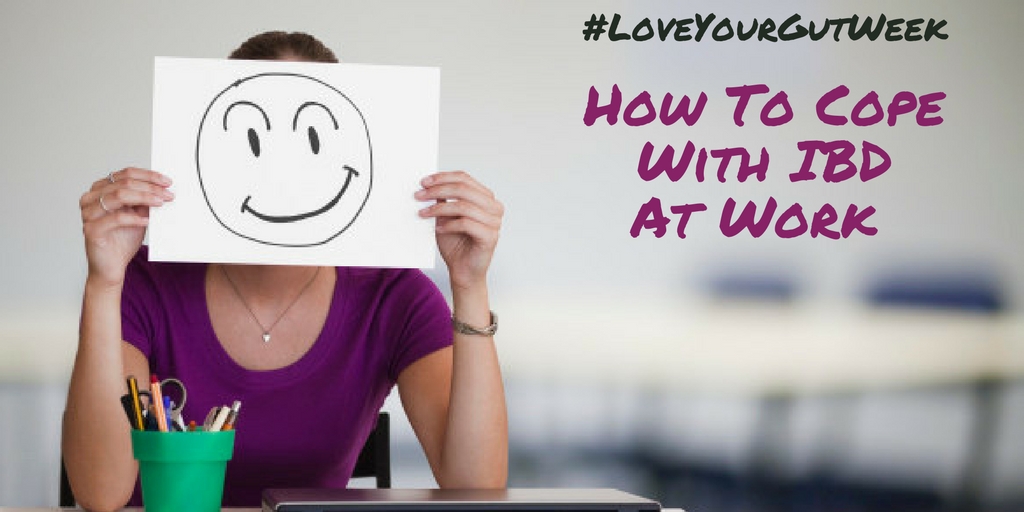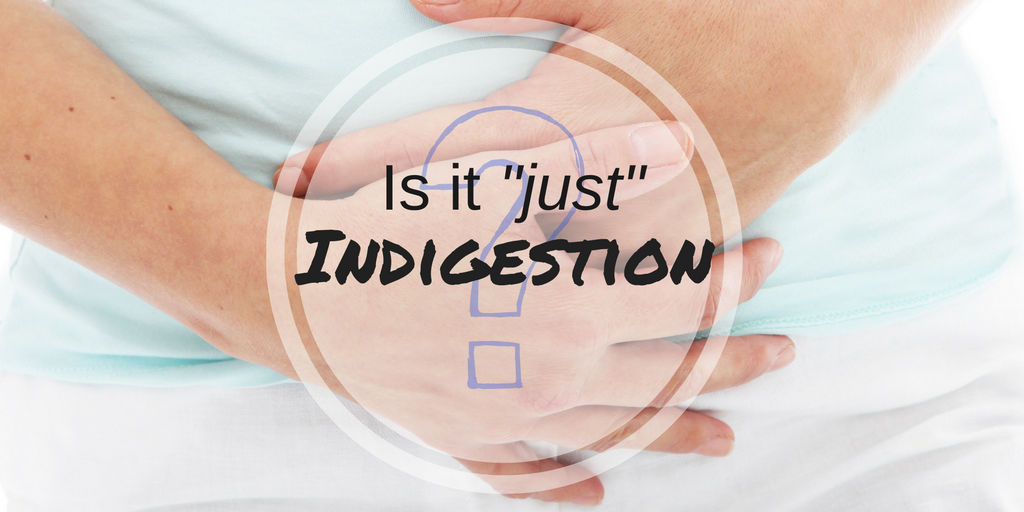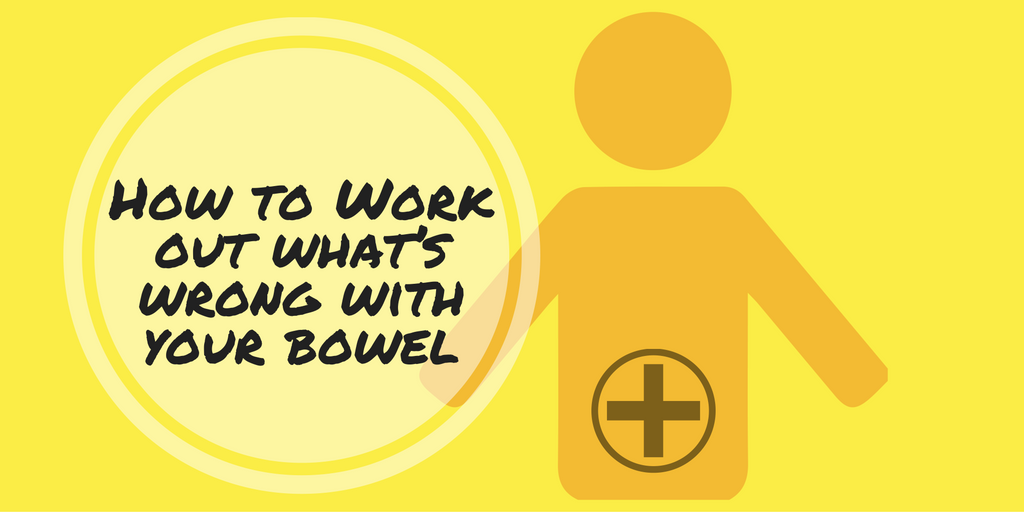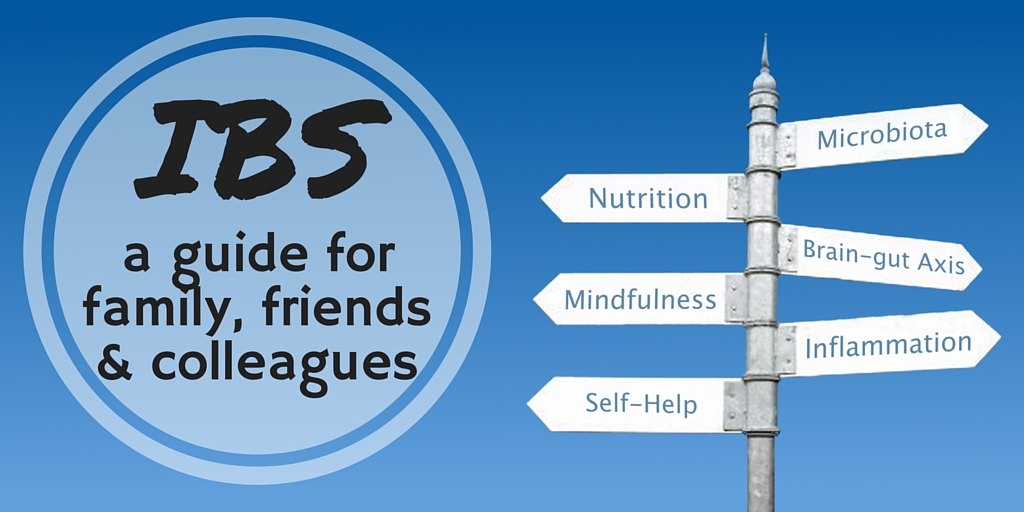
Sometimes it seems that living with IBD is a full-time job (albeit one with zero pay or benefits!). Time spent at the hospital, recovering from flares and trying to live a healthy life can all add up. Unfortunately, most of us are not millionaires and work is a necessity, and for lots of us a fulfilling part of our lives. Working with IBD isn’t always easy but for the vast majority of us it is possible. However, you may need to talk to your employer and have adaptions made.
Be honest
It is very important that you are honest with your employer about your condition and what it involves. IBD, like any chronic illness, is covered under the 2010 Equality Act since it is a physical and long-term impairment (definition of disability under the Equality Act 2010, 2015). This means employers must make necessary adaptions to help you in your role. This could include flexible working hours, access to a disabled toilet or a fridge to store your medicine in. Most employers are accommodating if you talk to them and explain what your condition actually entails (and if this is disclosed at interview, employers cannot discriminate against you in the recruitment process).
Be realistic
Many people with inflammatory bowel disease have really high expectations of themselves, which is also reflected in their careers. However, it is important to reflect on your career path and whether it is adaptable to life with IBD. Does it involve lots of travel? Is it stressful? Are you often on the go? Having IBD doesn’t mean giving up on your career dreams but just making sure the job is right for you.
Be informed
Reading the paperwork and the terms and conditions that comes with a job is more important than ever with IBD. Here are some things you need to find out:
- What is the sick pay entitlement?
- What is the policy for long-term periods of sickness?
- How flexible are the working hours?
- If you are working abroad, is medical insurance included and does this include pre-existing conditions?
- Will you get regular breaks? (This can be easy for office workers; not so easy for those in retail.)
- Is there the possibility of reduced hours or going part-time further down the line?
Keep records
It may be worth having a notebook to keep a list of any time you have had to take off work for IBD and the corresponding symptoms and hospital trips.
My experience of working with IBD
I am a teacher by trade and have taught both in the UK and abroad. In every job, I’ve been honest about my conditions from day one and luckily all my employers have been great. When I was on infliximab, my employers were great at giving me time off to go to hospital appointments and in my previous role I had surgery and the school arranged for me to come back on a phased return. It can be really hard teaching with IBD – I have had days where I felt like I wanted to faint in front of a class – but luckily most of the time I’m fine. In some ways doing a demanding job means I often forget about my symptoms, but I have had to dash out of class on a few occasions. I think this is why talking with colleagues about your condition is so important – it has meant they have been able to quickly step in if needed. Yet over the years, I think I’ve also become more realistic about my teaching career and this year I’ve reduced my workload to three days a week, aiming to spend more time on my health and my writing. I don’t see this as a step down but a necessary adaption to help me live as balanced a life as possible; hopefully I can combine the security of a teaching job with my other passions in life – writing and nutrition.
This blog is taken from Managing IBD: A balanced guide to inflammatory bowel disease by Jenna Farmer.






